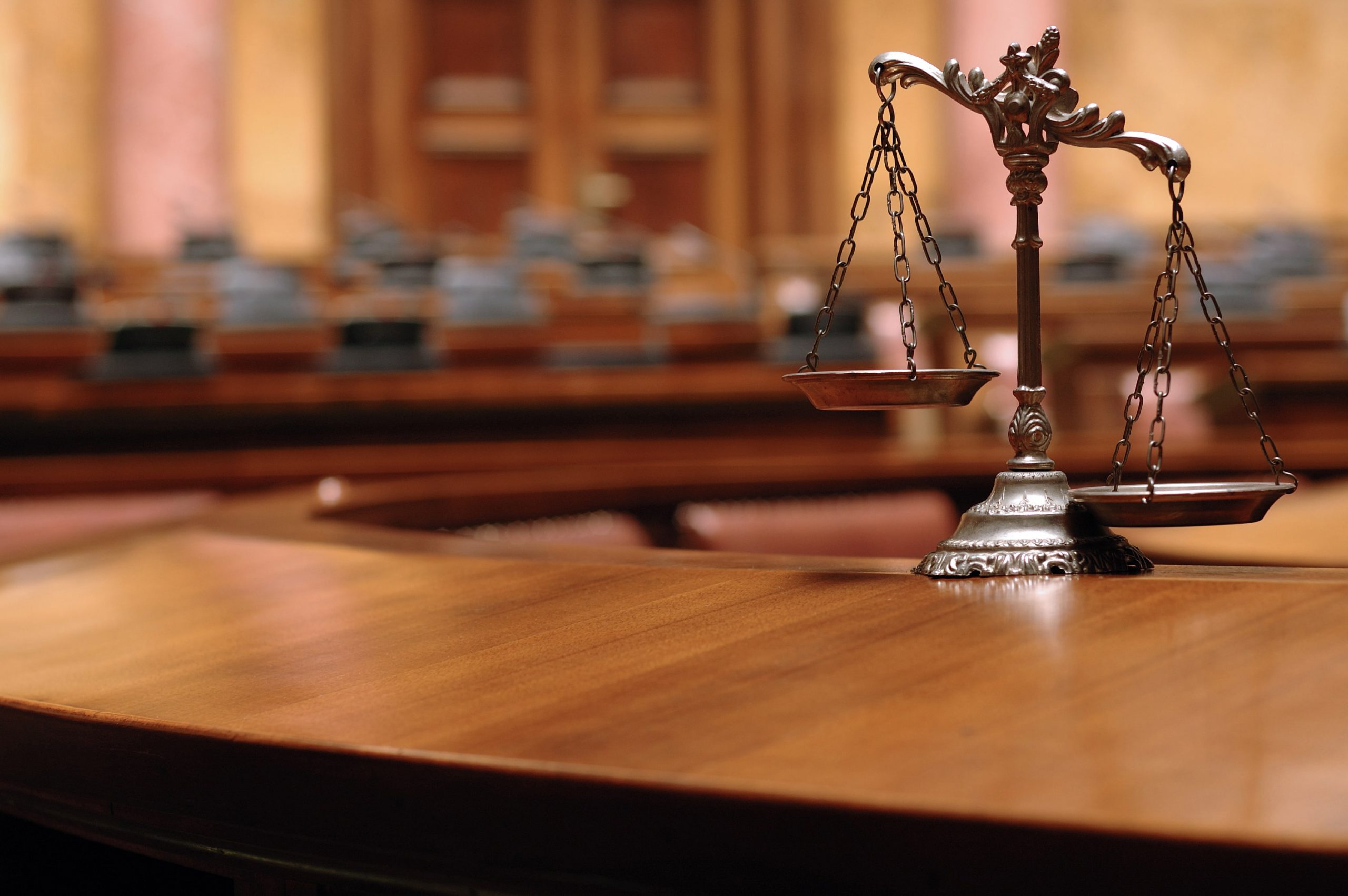Recognizing the Role of a Post-Conviction Attorney in Looking For Justice After a Criminal Conviction
In the complex landscape of post-conviction legal process, the duty of a post-conviction legal representative is crucial in browsing the path to justice after a criminal conviction. Beyond the boundaries of a test, these lawyers engage in a multifaceted approach intended at uncovering new proof, tough lawful errors, and advocating for their customers' legal rights. The ins and outs of post-conviction work call for a mix of legal acumen, investigative abilities, and calculated believing to unravel the intricacies of a situation and pursue avenues that might have been forgotten or underexplored. As the quest of justice extends past the boundaries of initial process, the function of a post-conviction lawyer becomes a beacon of hope for those looking for to correct oppressions and recover their rights within the lawful system.
Post-Conviction Attorney's Investigative Work
Post-conviction lawyers participate in careful investigative work to reveal new proof, procedural errors, or transgression that might potentially bring about reversing a conviction. This investigatory phase is essential in the post-conviction procedure as it intends to identify any kind of ignored details or lawful errors that might have affected the result of the initial test. Post-conviction attorneys dive into instance data, witness testaments, and legal documentation with a fine-tooth comb, looking for any disparities or abnormalities that can be grounds for allure.
Via extensive examination, post-conviction lawyers aim to drop light on potential injustices that may have occurred during the initial test. By looking at every aspect of the legal procedures, post-conviction lawyers work relentlessly to reveal any kind of factors that may have influenced the decision.
Crafting Appeals and Petitions
In the quest of justice after a sentence, skilled lawyers meticulously craft charms and requests to existing engaging disagreements for the reconsideration of lawful choices. Crafting charms and requests needs a deep understanding of the lawful system, attention to detail, and tactical thinking. Post-conviction attorneys evaluate trial documents, determine prospective errors or violations of rights, and develop legal debates to test the sentence or sentence.
When crafting a charm, attorneys focus on highlighting legal errors that may have impacted the result of the situation. They research case regulation, laws, and lawful precedents to support their debates. Requests, on the other hand, may entail offering brand-new evidence that was not available throughout the trial or demonstrating changes in the law that warrant a review of the sentence.
Additionally, post-conviction lawyers must abide by stringent procedural regulations and target dates when filing appeals and petitions. They have to provide their arguments plainly and persuasively to persuade the court to grant alleviation to their clients. Via meticulous crafting of allures and requests, post-conviction lawyers make every effort to protect justice for people who have actually been wrongfully convicted or unfairly sentenced.

Pursuing Post-Conviction Relief
Post-conviction relief incorporates a range of legal systems made to test the credibility of a conviction or sentence. Post-conviction legal representatives play a vital duty in browsing these intricate treatments, ensuring that all lawful choices are explored to rectify oppressions that may have happened throughout the test or sentencing stage.
One common form of post-conviction relief is filing an application for post-conviction relief, typically based on cases of inefficient assistance of guidance, prosecutorial misbehavior, recently found evidence, or constitutional violations. These requests call for a complete evaluation of the test record, legal research, and influential advocacy to convince the court to give relief. Experienced post-conviction lawyers have the abilities and knowledge required to determine viable lawful cases, carry out investigations, and present compelling disagreements to safeguard alleviation for their customers. By carefully seeking post-conviction alleviation, these legal specialists aim to remedy miscarriages of justice and support the concepts of justness and due procedure in the criminal justice system (Lawyer).
Utilizing Forensic Evidence
When testing a sentence or sentence, the critical utilization of forensic proof can be a powerful tool in post-conviction legal process. Forensic proof includes a variety of you can try these out scientific techniques made use of to check out criminal activities and establish realities in court. Post-conviction lawyers can utilize forensic evidence to challenge the validity of convictions by offering brand-new scientific searchings for that were not readily available throughout the initial test.

Participating In Sentence Adjustments
Post-conviction legal representatives might explore the possibility of sentence alterations as a legal opportunity to resolve out of proportion or unfair sentences handed down in criminal cases. Sentence alterations involve seeking changes to the regards to an accused's sentence after a conviction has taken place. These modifications can consist of minimizing the size of a sentence, modifying the kind of punishment imposed, or exploring alternate sentencing alternatives.
Post-conviction attorneys can pursue sentence alterations with different legal mechanisms, such as submitting activities for sentence decrease, appealing for thoughtful launch, or negotiating plea bargains for reduced sentences. They have to thoroughly assess the scenarios of the case, examine the legal premises for seeking an alteration, and existing compelling disagreements to the court sustaining the need for a revised sentence.
Engaging in sentence modifications calls for a complete understanding of criminal regulation, punishing guidelines, and the certain treatments associated with looking for post-conviction relief. Post-conviction legal representatives play a crucial role in promoting for reasonable and just outcomes by challenging sentences that are unduly rough or do not straighten with the principles of justice.
Final Thought
To conclude, the function of a post-conviction legal representative is essential in seeking justice after a criminal conviction. Through investigatory work, crafting charms and requests, pursuing post-conviction alleviation, making use of forensic evidence, and participating in sentence adjustments, these lawful professionals play a crucial function in promoting for their clients and guaranteeing that their civil liberties are supported within the criminal justice system. Their commitment and competence are crucial in navigating the intricacies of post-conviction procedures and attaining a reasonable end result for individuals facing criminal sentences.